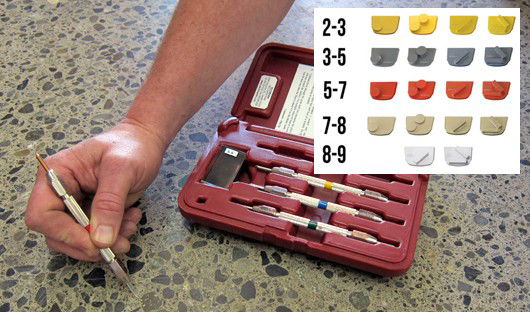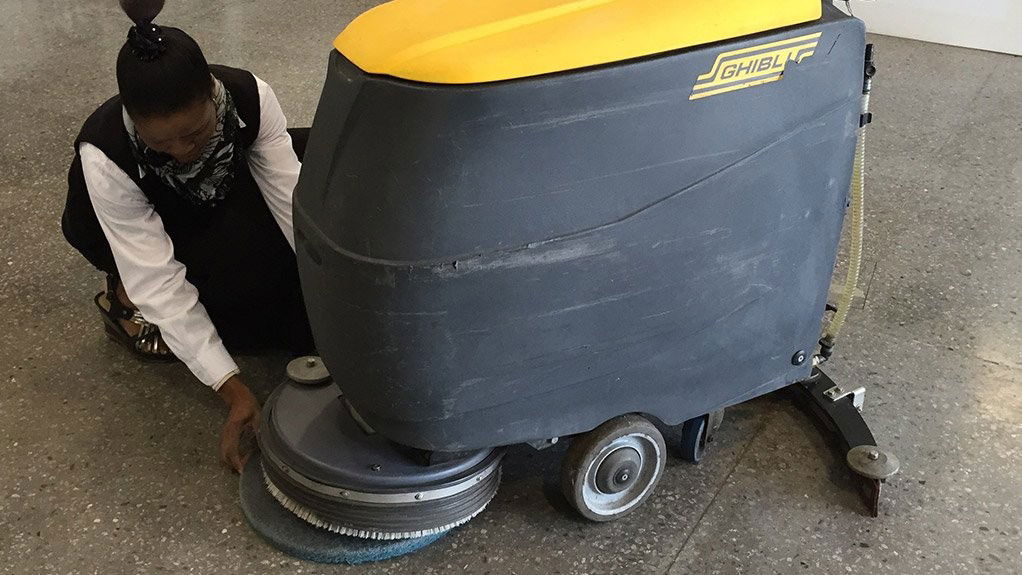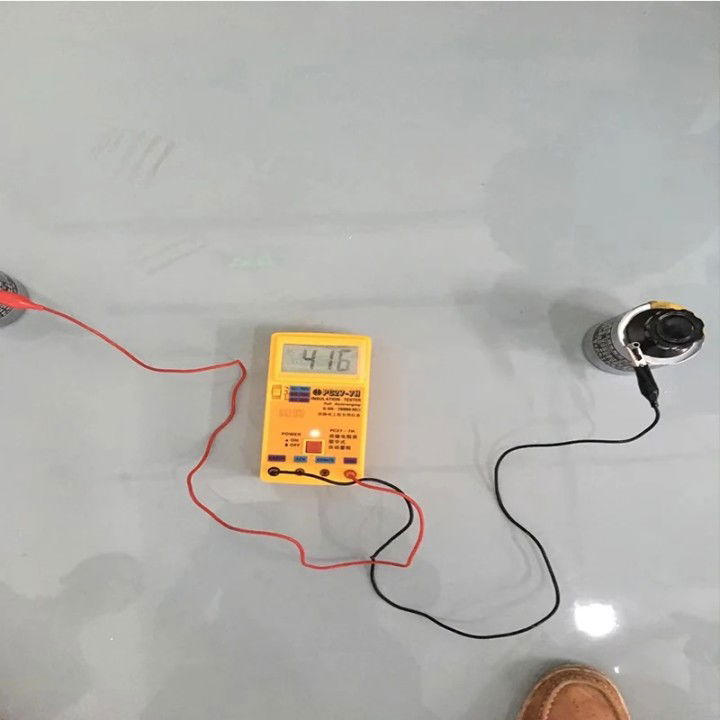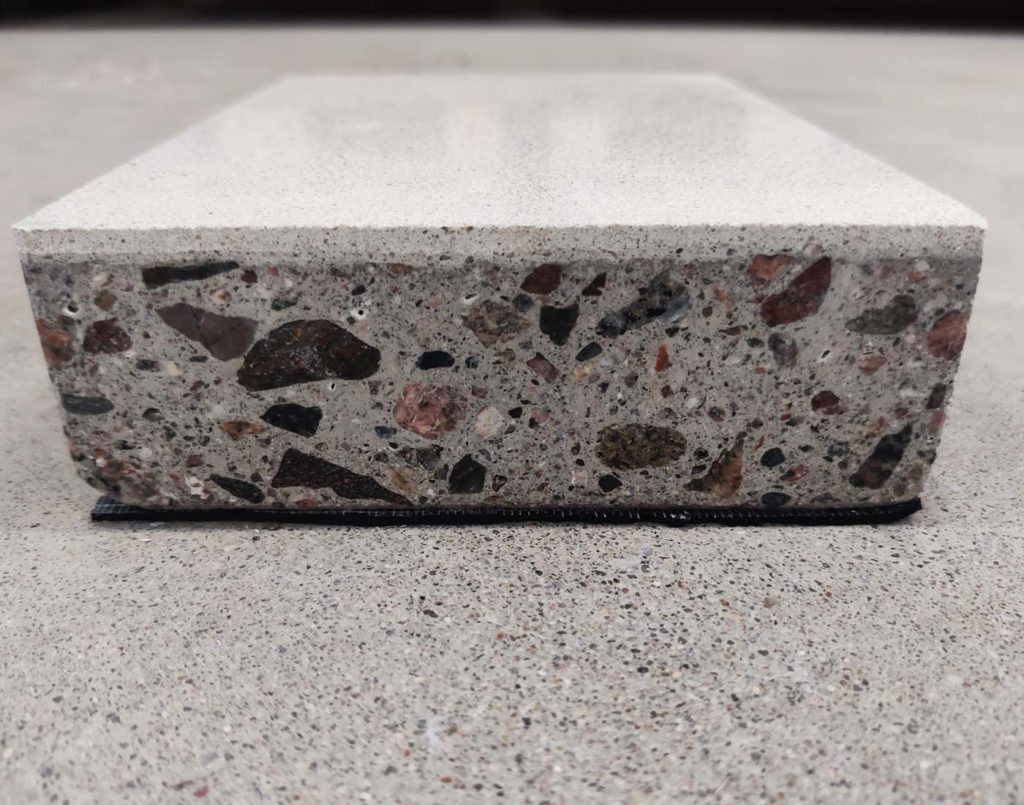Concrete surface hardness testing is a method used to assess the hardness or resistance of a concrete surface to various types of forces, such as abrasion, indentation, or impact. The hardness of a concrete surface is an important property because it can indicate its durability, wear resistance, and overall quality. The test results can help engineers, contractors, and construction professionals make informed decisions about the suitability of the concrete for its intended use and predict its longevity under different conditions.
The Mohs hardness test is typically used to measure the hardness of minerals, rocks, and materials that are softer than the minerals commonly found on the Mohs scale. While it’s not commonly used for concrete hardness testing due to the fact that concrete is typically harder than most minerals on the scale, you can still attempt a qualitative assessment using this method.
Materials Needed:
- A set of minerals from the Mohs scale (usually 1 to 10), which includes talc, gypsum, calcite, fluorite, apatite, feldspar, quartz, topaz, corundum, and diamond.
- Concrete slab with a relatively flat and clean surface.
Choosing diamond tools
The Mohs hardness scale can indeed be used to help choose the right diamond tools for cutting or grinding tasks involving hard materials like concrete. Diamond tools, which use industrial-grade diamonds embedded in their surfaces, are renowned for their ability to cut through and grind hard materials effectively.
When choosing diamond tools for concrete-related tasks, understanding the hardness of concrete and comparing it to the Mohs scale can provide a rough indication of the appropriate diamond tool to use. Since concrete is generally harder than most minerals on the Mohs scale, you would likely be looking at diamond tools that are towards the higher end of the hardness range.
For example, if concrete is estimated to have a hardness around 7 on the Mohs scale, you might consider diamond tools designed for cutting or grinding materials with a similar level of hardness, such as quartz (Mohs hardness of 7). Keep in mind that concrete’s hardness can vary depending on its composition, curing, and other factors, so this is a simplification.
It’s important to note that while the Mohs scale can provide a basic guideline, other factors such as the type of diamond tool (blade, grinding wheel, etc.), the quality of the diamonds used, the bonding matrix of the tool, and the specific characteristics of the concrete you’re working with will all impact the effectiveness and lifespan of the tool.
When choosing diamond tools for working with concrete, it’s advisable to consult with experts or suppliers who specialize in construction and concrete equipment. They can provide valuable insights based on the specific requirements of your project, ensuring that you select the most suitable tools for the job.
While this method might give you a rough idea of the concrete’s hardness relative to minerals on the Mohs scale, it’s important to note that there are more accurate and specialized methods for assessing concrete hardness, such as the rebound hammer test, Schmidt hammer test, and other hardness testing methods.






